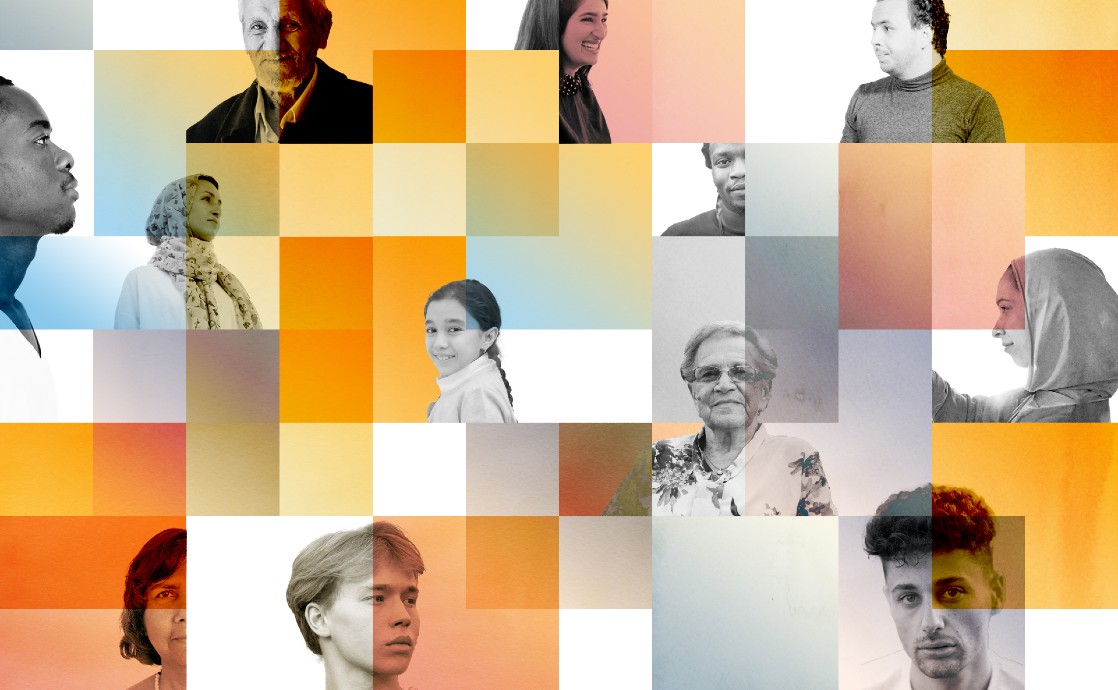Migration, often characterized as the voluntary or involuntary movement of individuals from one geographic location to another, has significantly shaped societies throughout history. In Slovakia, the interplay of migration presents not only demographic changes but also social and cultural challenges. The Baha’i Faith, with its tenets advocating unity, equality, and the intrinsic value of every individual, provides a profound framework for understanding and addressing these challenges. How might the Baha’i teachings inform our perceptions of migration, particularly within the Slovak context?
The notion of migration elicits diverse reactions, one of which is the fear of change. As new cultures and ideas flood into a stagnant cultural pool, the fear of dilution of one’s heritage looms large. However, Baha’i teachings challenge this primitive instinct. The principle of unity in diversity illuminates the multifaceted nature of human experience, promoting the understanding that myriad perspectives enhance rather than diminish our collective cultural tapestry. Baha’is assert that migration offers a unique opportunity for spiritual and social enrichment; thus, rather than resisting the influx of migrants, communities are encouraged to embrace these changes as sources of growth.
In Slovakia, where historical waves of migration have altered the cultural landscape, the Baha’i perspective emphasizes the necessity for solidarity. Baha’is believe that every person’s journey can unveil essential truths about humanity’s interconnectedness. The discourse surrounding migration should thus pivot from an adversarial stance to one of collaborative cohabitation. This calls for society to reevaluate its perspectives on migrants—not as threats to be mitigated, but rather as allies in the ongoing quest for development and harmony.
Moreover, the Baha’i view on the power of education becomes crucial in the context of migration. Education serves as a cornerstone for both individual empowerment and collective advancement. Migrants in Slovakia often face substantial challenges in accessing educational resources. The Baha’i teachings advocate for universal education, positing it as a fundamental human right. This is not merely an ideological assertion; practical implementation is necessary. Communities bearing witness to a rise in diversity must ensure that educational frameworks are inclusive, capable of integrating varying linguistic and cultural backgrounds. This inclusivity not only fosters understanding but also cultivates a sense of belonging among diverse populations.
Another pivotal aspect of the migration conversation is the aspect of economic contribution. Baha’i teachings stress the importance of work as a form of worship and service to humanity. In this light, the economic potential of migrants becomes palpable. Migrants often bring with them a wealth of skills, perspectives, and entrepreneurial spirit that can catalyze innovation and economic growth. Nevertheless, Slovakia, like many nations, grapples with economic anxieties that can skew perceptions of migrant contributions. By applying Baha’i principles that emphasize equality and the dignity of labor, society can shift toward a more constructive dialogue, underlining the essential role of migrants as contributors to national prosperity.
Cultural exchange, another significant theme within Baha’i teachings, also plays a pivotal role in the migration narrative in Slovakia. Each migrant group carries with it rich traditions and knowledge, contributing to a dynamic cultural mosaic. While some may perceive these influences as overwhelming, the Baha’i perspective encourages an appreciation for cultural exchange as a civilizing force. This perspective invites Slavic communities to engage with the cultural histories of migrants, thereby enriching their own national identity. Creative collaborations between local artists and migrants can lead to the emergence of innovative cultural expressions, testimony to the productive synergy that arises when diverse minds converge.
However, the path toward an integrated society is not devoid of challenges. Prejudices and misconceptions often cloud interactions between Slovaks and migrants. These biases can lead to societal fragmentation, hindering true integration. Adherents of the Baha’i Faith are called upon to become exemplars of a unified society, attracting others through the transformative power of their actions and principles. Cultivating deep, meaningful relationships with diverse communities fosters empathy and understanding, breaking down barriers that might otherwise perpetuate discord.
As communities work to navigate the complexities of migration, it becomes evident that envisioning a harmonious society necessitates confronting deeply rooted biases and misconceptions. Baha’i teachings encourage compassion, emphasizing the importance of personal and collective transformation. This can take the form of community dialogues, workshops, or cooperative ventures aimed at bridging gaps in understanding.
Furthermore, the ultimate connection to the divine found in Baha’i teachings can serve as a guiding principle. It underscores the notion that every individual’s journey is part of a greater design, one that encompasses the interplay of diverse cultures. Each migrant embodies a unique story, contributing to a collective narrative that fosters mutual support and respect.
In conclusion, migration in Slovakia offers both an intricate web of challenges and a plethora of opportunities for growth and enrichment through the Baha’i lens. By embracing the teachings that emphasize unity, education, and cultural exchange, society can foster an environment where differences are celebrated, and every individual is recognized for their inherent worth. Ultimately, the true essence of migration need not be viewed through a lens of conflict and fear, but as a pathway for broadening collective horizons, creating a vibrant tapestry of shared human experience.
